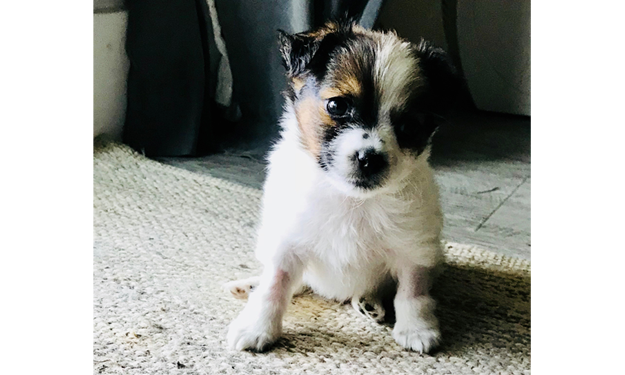Head Trauma in Pets

Head trauma isn’t just a woe that’s seen on Super bowl Sunday. Pets of all shapes and sizes can succumb to this type of injury, and just like in humans, immediate medical attention is typically warranted. In pets, head trauma normally is the result of an accidental fall, a dog fight, or being hit by a car. They can range anywhere from external cuts or abrasions, to contusions and concussions – all of which can be life threatening.
Head trauma in pets can present in many different forms, the following neurologic symptoms are a few of the telltale signs:
- Disorientation
- Lethargy
- Uneven pupil sizes
- Bleeding from the ears, nose, or mouth
- Collapse
- Seizures
Treatment for head traumas generally includes an initial attention for shock, followed by supportive care, such as, IV fluids, oxygen supplementation and anti inflammatory drugs. A drug called Mannitol is frequently used as well as it has osmotic diuretic properties which helps reduce brain swelling.
Below is the most recent case treated at Atlantic Street Veterinary Hospital Pet Emergency Center:
Grits, a 6-week-old Papillon puppy presented to Atlantic Street Veterinary Hospital for acutely acting lethargic and weak. During his exam with the doctor, it was apparent that he suffered from an unknown head trauma as he was left alone with a large dog for the afternoon. An IV catheter was placed, pain medications and Mannitol were administered, and Grits was placed in the oxygen cage on a seizure watch…which sadly began occurring around 18 hours after he arrived.
The next few days were touch-and-go with Grits, as they often are with head trauma cases. The anti-convulsant drugs given weren’t working on him as they should, because Grits kept having breakthrough seizures. It wasn’t until little Grits was placed in a medically induced coma that his seizures seemed to subside, and he became more neurologically stable. Grits was then treated (once he left Atlantic Street Veterinary Hospital) with anti seizure medications for one month, and then he was weaned off of them.
There are a lot of uncertainties associated with head trauma cases. Sometimes, time coupled with medical management can help heal most wounds – like in little Grits case here. But he’ll never be completely out of the woods and that’s because once an animal has sustained an insult to their brain, they will forever be more susceptible to future seizure like activity. The good news, he is one happy, adorable, beloved puppy.